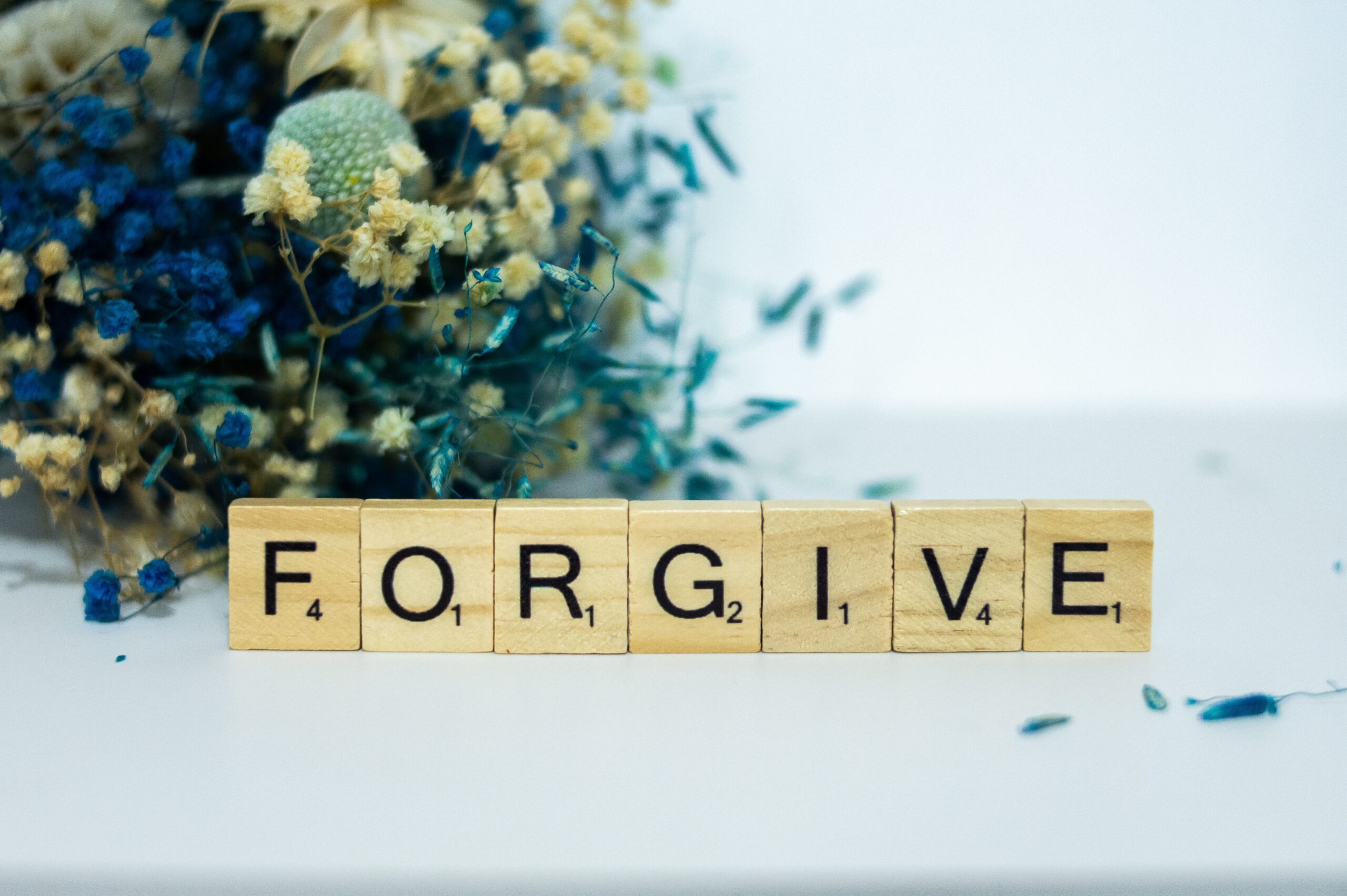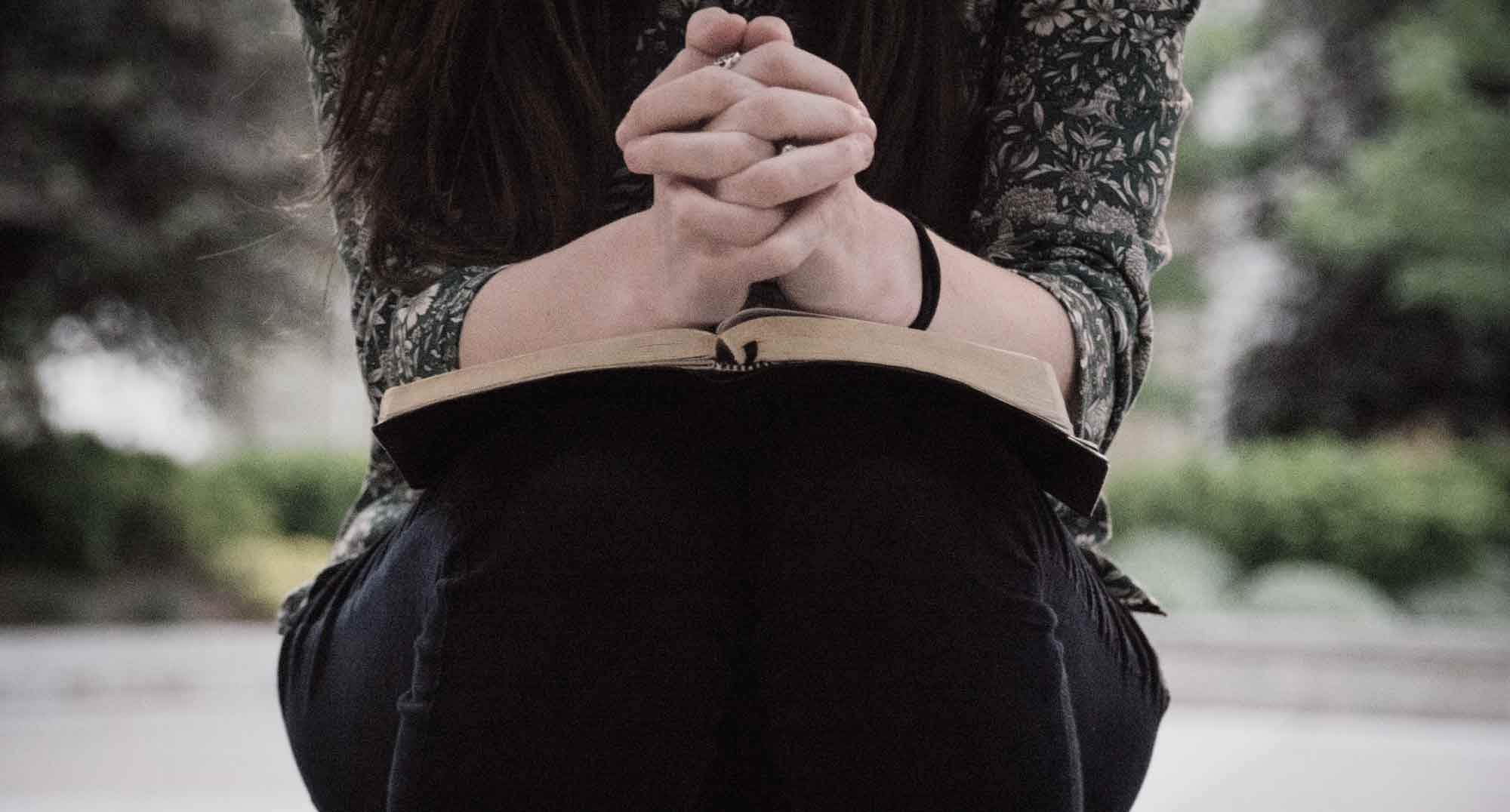Wrestling With God in Our Suffering
JULIANNE ATKINSON |GUEST As soon as I saw the area code of the phone call my husband was receiving, I knew something was off. I was pregnant with our first child and set to move for his job to Nashville, TN at the beginning of my third trimester. This was a city I had friends in, I knew there were good churches there, and it was a city we both liked. After a short conversation, my husband conveyed the news that there was a post they hadn’t accounted for in rural, northern New York state and he was now at the top of the list to take it. I was disappointed, but it wasn’t my first move and I hoped that God would have a good church and community there waiting when we arrived. Instead, I found a desolate place I never grew to love. I had left a large church in San Antonio where I was on staff and knew and loved each family and their kids by name. In New York, there were a handful of families hoping for a PCA pastor to come and pastor them. Church members brought meals when I had my son, but it felt more like they were checking off a box than done so out of friendship. I gathered the women of the church and started a Bible study in hopes of fostering fellowship as we studied God’s Word together. I ended up spending the study time preventing my son from climbing sky high, getting into people’s desks, and drinking bathroom chemicals. My husband worked long hours, weekends, and sometimes over an hour away. I was more lonely than I was during the Covid lockdown. It seemed like every hope I had for our move was dashed. The depths of disappointment I felt contrasted with the hope of change and led me to wrestle with God through it. Here my head-knowledge intersected with my very real and difficult circumstances. Were my toes digging into a sandy beach as the storm swirled around me or were they resting on the solid rock of the foundation of God’s promises? If everything around me fell down, I knew He would not. As believers, sometimes we suffer pain and loss so deep that we come to a crossroads in our relationship with God and who he is. Some might respond to that pain as though with a finger in his face saying, “How could GOD do this to ME?” Our hearts are hardened. We feel bitter. We struggle to forgive God. And we turn and run FROM him. Others might ask the same question, but with trust in God’s faithfulness to his promises—that he really is who he says he is. “How COULD God do this to me?” In that moment, we run TO Him and His Word. As we wrestle with his Word, we will find rest in the midst of our pain and rock under our feet...










